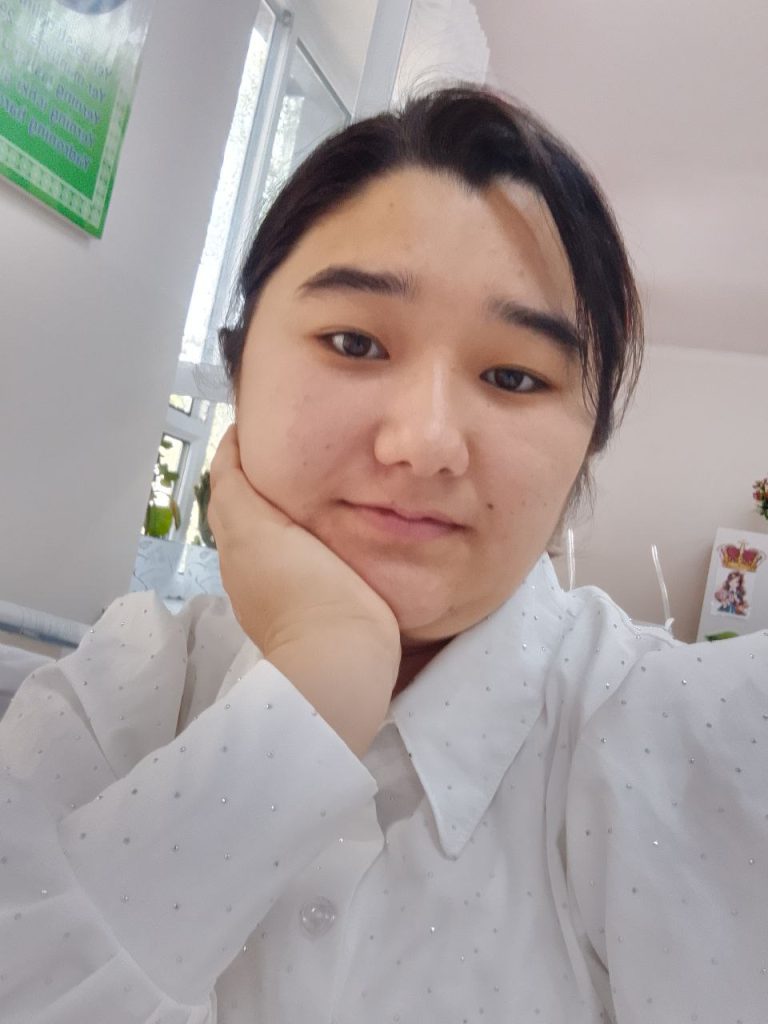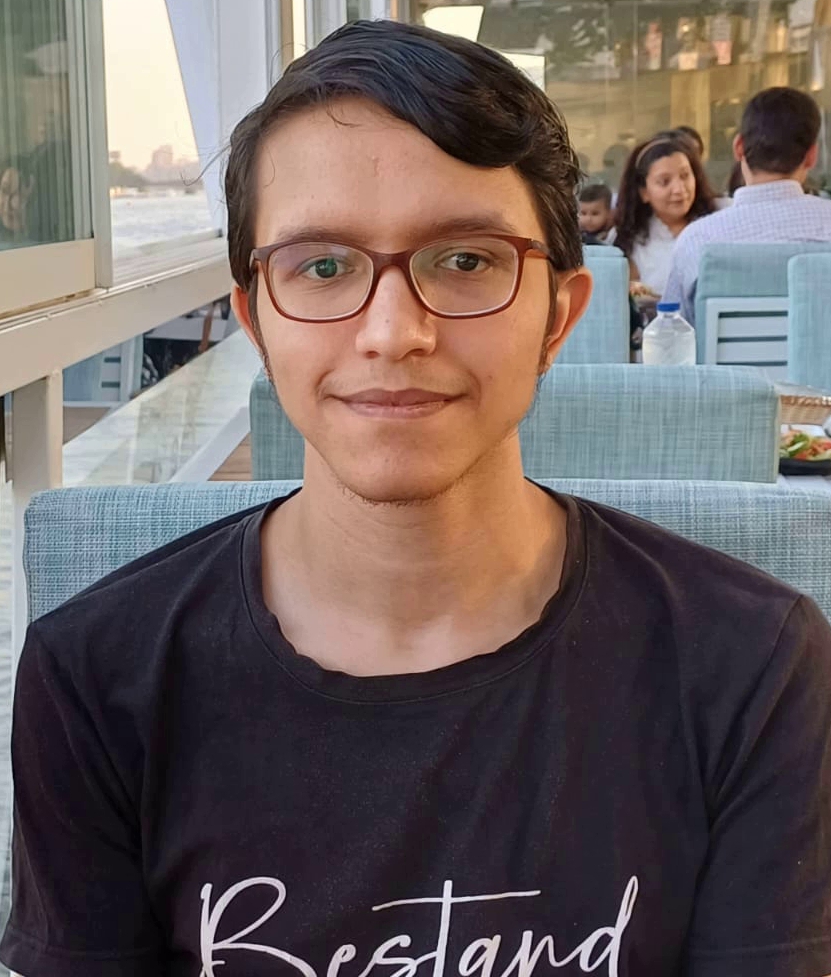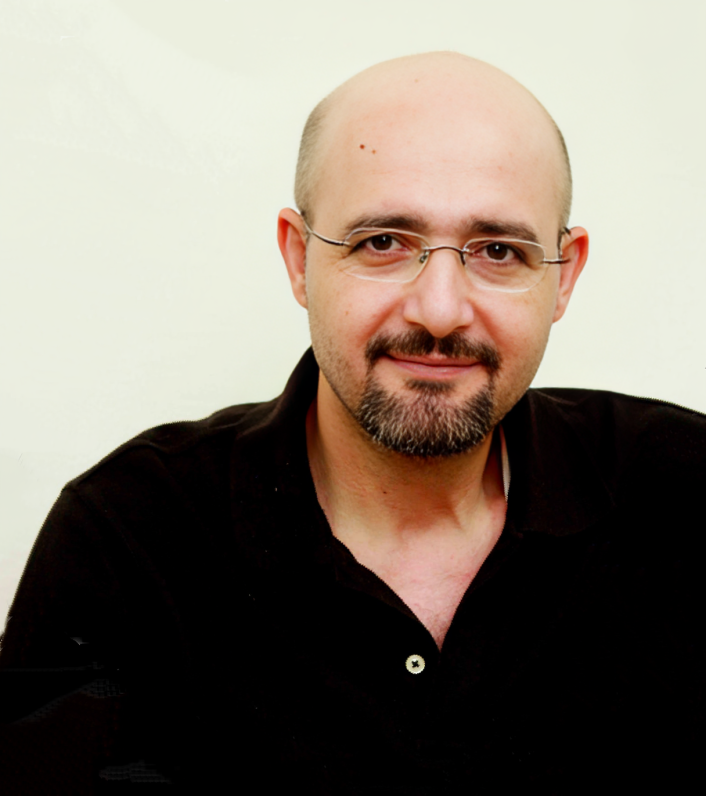DEVELOPING SPEECH CULTURE OF PRIMARY SCHOOL STUDENTS
Author: Abdulazizova Nigina Faxriddin
Alfraganus University, Group BT 23/3
3rd year student Email: niginaabdulazizova46@gmail.com
Phone: +998977363868
Abstract
This article analyzes the oral and written speech culture of primary school students, as well as effective methods for developing correct and culturally appropriate communication skills. It examines techniques for teaching students the fundamentals of proper speech through interactive and practical strategies. The study identifies key problems that arise in forming speech culture among young learners and explores scientific approaches to address them. The role of speech culture in social life and the importance of teaching effective communication are emphasized. The connection between speech culture and real-life situations is also discussed.
Keywords: Social speech, oral speech, methods, culture, written speech, socialization, ability, primary education.
Introduction: The primary education stage plays a key role not only in imparting knowledge and skills, but also in shaping students’ oral and written speech culture. The ability of a child to clearly and logically express thoughts is directly linked to future academic success and active social participation. For this reason, the development of speech culture in primary school students is considered one of the priority directions in modern education. However, in practice, students often face difficulties in both oral and written speech. These include limited vocabulary, poor grammar, pronunciation errors, and difficulties in expressing ideas coherently. Such issues demand the use of innovative pedagogical approaches by primary school teachers.
This article provides a scientific analysis of the main challenges encountered in developing oral and written speech culture in early grades, as well as their causes and possible solutions. It also highlights the significance of interactive methods, communicative approaches, and pedagogical technologies rooted in national values.
In recent years, important reforms have been implemented in Uzbekistan to promote the status and use of the state language. For example, the Presidential Decree “On the further development of the Uzbek language and improvement of language policy” (October 20, 2020) approved the “Concept for the Development of the Uzbek Language and Improvement of Language Policy for 2020–2030”.
The document aims to ensure the full use of the state language in all areas, raise public speech culture, and expand the scientific, educational, and cultural use of the language. From this point of view, forming the speech culture of students in primary education is not only a pedagogical issue but also a matter of social and spiritual importance, contributing to the strengthening of the status of the Uzbek language in society. The research findings offer practical recommendations for effectively developing speech culture in students.
Main Part
Raising well-rounded and competent youth — the future of our nation — is a top priority. Children should be able to freely and correctly express their thoughts in any setting, regardless of whom they are speaking to. For this, developing proper speech habits from an early age is essential.
When a child starts school, their vocabulary begins to grow. At this stage, the teacher plays a vital role in guiding students towards proper speech and explaining the concept of speech culture. But first, we must understand what “speech” is, how to develop it, and the requirements it must meet.
Speech is a form of human activity that utilizes language tools — words, phrases, and sentences — to express thoughts, convey emotions, and influence others. It is divided into two main types: oral and written speech.
Oral speech involves verbal communication between individuals. It is one of the primary forms of speech, typically occurring in real-time interaction. Its features include immediacy and the lack of editing opportunities.
Written speech is a more complex process that requires time and focuses on literacy and content clarity.
Vocabulary development methods include: • Direct observation of the environment; • Use of unfamiliar or rarely seen pictures; • Reading literature; • Showing educational and documentary films. A child’s lexical reservoir expands as they are introduced to their surroundings. A word is memorized when the child can mentally associate it with an object or action.
Educational games should consider children’s age and individual traits. The pace and rhythm of the game are crucial — if too slow, children become bored; if too fast, they become overexcited and distracted. Types of games include: • Games with objects and toys; • Table games; • Oral word games.
There are several effective methods for developing students’ speech culture: • Organizing events outside of class; • Using visual technologies; • Performing stage plays related to speech culture. These help instill moral values and communication skills. Using visual aids in lessons helps form lasting impressions in students’ minds. Extracurricular reading also plays a vital role in shaping students’ speech. During reading sessions, students: • Learn reading etiquette; • Build reading habits; • Understand characters’ behavior; • Express impressions using vivid language.
As Alisher Navoi noted in “Mahbub ul-qulub”:“Although language is an honorable gift, it becomes a curse when misused.” This implies that while speech is powerful, its misuse can be destructive. Therefore, developing children’s speech also involves cultivating their linguistic abilities.
In contrast, Al-Biruni stated that:“…In such a language, a number of foreign words appear which are understood by few and disliked because of their obscurity.” He believed people often reject what they do not understand.
Analysis and Results
To assess students’ speech culture, 31 third-grade students participated in a test. Based on their responses: • 22 students achieved excellent results; • 6 students performed satisfactorily; • 3 students showed unsatisfactory results.
While the results were relatively positive, there is room for improvement. To enhance outcomes, it is recommended to: • Organize more cultural events on speech culture; • Conduct stage performances; • Use various methods and technologies in class.
Conclusion
At the primary education level, shaping students’ speech culture is crucial for developing their thinking, communication, and social skills. Research shows that during this stage, students can effectively learn to: Speak clearly and fluently; Express thoughts logically; Engage appropriately with listeners.
The article analyzed the content, significance, and methodology of teaching speech culture step by step. Interactive methods, dialogic and monologic exercises, and the use of multimodal texts were found to be effective in developing expressive, cultured, and purposeful speech in students.
It was also emphasized that teaching methods should match students’ age and psychological characteristics, and oral and written speech should be developed in harmony.
References
1. Sh.Sh. Nizomova. Theory and Technology of Developing Children’s Speech. Bukhara: Science and Education, 2022. p. 36.
2. M.U. Abdulkhayeva. Scholarly Views on Language and Speech, 2022.
3. Presidential Decree of the Republic of Uzbekistan: “On the further development of the Uzbek language and improvement of language policy”, October 20, 2020.
4. Alisher Navoi. “Mahbub ul-qulub”, 1998. p. 94. 5. https://arxiv.uz 6. https://ilmiybaza.uz



